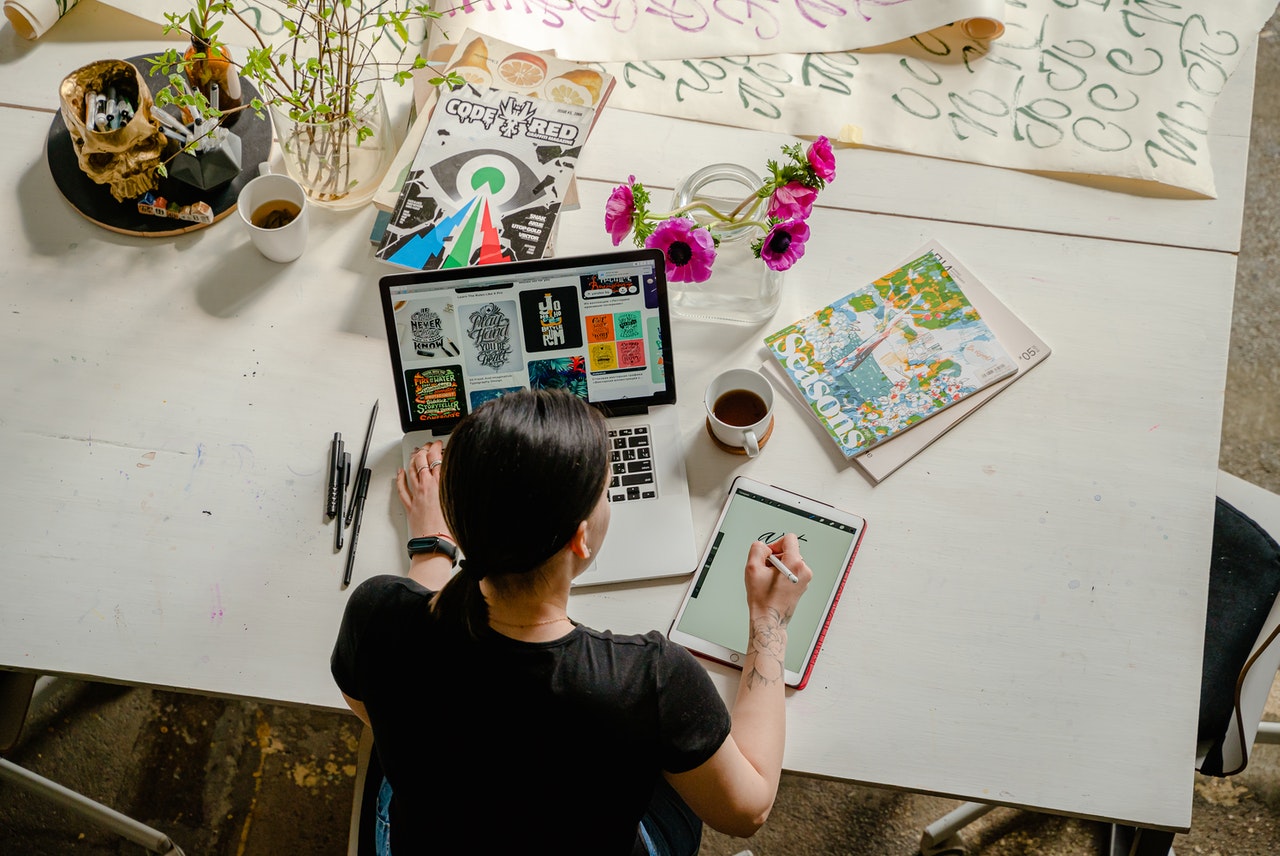Five Things All International Students Should Do Before Traveling
Before you travel to a different country to study (or even if you are already there), researching several things is a good idea. This will help you be prepared for when you have challenges and need solutions to specific situations you are likely to encounter. Also, you will find life more manageable and become more confident because you are more in control of your case (not just reacting when things happen to you).
So what are the main areas you need to focus on to put yourself in the best possible position for an international study adventure?
Immigration processes/ immigration help etc.
- Firstly, you must sort your visa and documentation before travelling abroad. However, an often overlooked aspect is what you will need when you are in the country itself. You first need to contact your College/university/school where you will be studying and ask them for all the necessary information. This is vital to ensure that you won’t have any problems when you are there and will give you an intense contact that can help you when you need it.
- Secondly, find out where your local immigration office/department will be (also how to contact them when they are open etc.).
- Thirdly, if you are studying overseas for an extended period, find out how to renew your visa, what documents you will need, how much it will cost, etc.
Before moving ahead, I would like to let you know that Gururo has tied up with top international universities and offers all courses across all continents except Antarctica.
Your campus or school
As with immigration, you must contact your college/ university/school before you arrive to develop a contact you can speak to when you are in the country. When you arrive at your school for the first time, you will generally have an orientation with someone to show you around, give you the rules of the school etc. Try to find out where you will need to be on your first day and where to go for your orientation. Also find out where your school is compared to where you will live, what public transport goes to your school, where the local supermarket is etc.
Where you will live
Finding out some information about where you will live before you travel, if possible, is essential. You should research: What kind of place is it? Is it close to public transport? Is it safe? Will you have internet there? What is the rental cost? What is the weather like in your town/city? (Will you have the proper clothing and gear?) Etc.
This type of research can’t be underestimated because it is the information you will need as soon as you are in the country. It will also add to your excitement about your trip and make you feel more secure and confident that you can thrive when living and surviving on your own in a different country.
Where is the local supermarket/bus station/tourist office etc.?
When you first arrive in your new country, you might not understand many things about where you live. For example, maybe the names of the supermarkets, shops/stores, bus stations etc. are different. Even if you speak the language of your new country, you are not guaranteed to find what you need. Therefore, before you arrive, it is a good idea to research your local surroundings, how you use the buses, trains etc. (Do you need a specific card, where can you buy one etc.? or is cash acceptable)? What time do the buses/trains start and finish each day? Where can you buy groceries etc.?
Where are the local community/restaurants etc. in your country
Something that can help you when you are far away from home is to have a community, friends, stores or restaurants from your country (even if they aren’t local) that you can turn to when you need help or are feeling homesick. Also, often the first friends you will make overseas are from these communities, and they are the people you will generally ask for help or advice.
Your goal should be to experience your new country and discover a new culture. However, having some comforts/friends from home (especially if you don’t speak the language) is helpful when you are having a difficult moment/day, or you want to take a break from your adventures etc.
Everyone is different; some people prefer to do little research and make the first month in their new country a complete adventure. Others prefer to be super organised and analyse as much as possible before they go. The advice above is intended to help you have an easier time when you arrive in your new country.
How much research you do is up to you but always make sure you feel comfortable and excited about your adventure (especially if this is your first time overseas or studying internationally).






